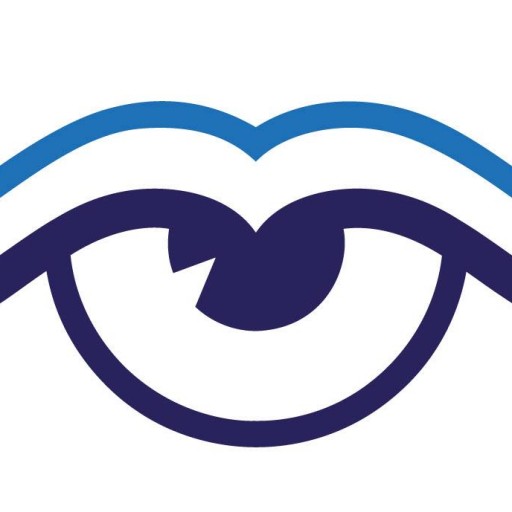Tenglar á ýmsar síður
Endilega deildu okkur
Hér eru tenglar á ýmsar síður sem tengjast lesblindu. Endilega sendið okkur ábendingar um góðar síður á fli@fli.is
Hvað er lesblinda: vísindavefurinn
Mímir símenntun; nám fyrir lesblinda
Enskar síður
- Dyslexia Basics
Do you think your child or student might have dyslexia? „Dyslexia Basics,“ a factsheet by International Dyslexia Association, tells you the definition, symptoms, causes and effects. Find out how to help. - Clues to Dyslexia in Early Childhood
The earliest clues involve mostly spoken language. The very first clue to a language (and reading) problem may be delayed language. Once the child begins to speak, look for difficulties with rhyming, phonemic awareness, and the ability to read common one-syllable words. - Clues to Dyslexia from Second Grade On
The specific signs of dyslexia, both weaknesses and strengths, vary widely. Problems with oral language, decoding, fluency, spelling, and handwriting are addressed, as well as strengths in higher order thinking skills. - Reading and the Brain
Hosted by Henry Winkler, who has had his own struggles with reading, Reading and the Brain explores how brain scientists are working to solve the puzzle of why some children struggle to read and others don’t. Startling new research shows the answer may lie in how a child’s brain is wired from birth. This program is part of our PBS Launching Young Readers series about how children learn to read, why so many struggle, and what we can do to help. - What Are Classrooms Like for Students with Learning Disabilities?
Classrooms can be perilous in a number of ways for students with learning disabilities. Here are some tips to remember when working with students with LD. Reading Rockets has developed a set of family literacy bags to encourage hands-on fun and learning centered around paired fiction and nonfiction books. - Assistive Technology for Kids with Learning Disabilities: An Overview
If your child has a learning disability, he or she may benefit from assistive technology tools that play to their strengths and work around their challenges. This article will introduce parents to the role of AT in helping their children with LD. - Spelling and Dyslexia
Spelling is a challenge for people with dyslexia. The International Dyslexia Association provides a fact sheet explaining why people with dyslexia have trouble spelling, how to find out the reasons a particular child has this difficulty, and how to help children with dyslexia spell better. - Strategies for Summer Reading for Children with Dyslexia
Here are a dozen simple strategies to help your children keep the academic skills they learned during the school year. Support them as they read. Give them material that is motivating — and some of it should be easy. Help them enjoy books and feel pleasure — not pressure — from reading. The summer should be a relaxed time where their love of learning can flower. - FAQs About Dyslexia
Dyslexia is the most common learning disability, and Reading Rockets gets lots of questions about it, including what it is, warning signs, what to do, and how to help. Here you’ll find questions from parents and answers from our experts. - Learning Disabilities, Dyslexia, and Vision
Thanks to advances in imaging techniques and scientific inquiry, we now know much more about learning disabilities (LD), dyslexia, and the role of vision problems. The American Academy of Pediatrics, the Council on Children with Disabilities, and the American Academy of Ophthalmology published a joint statement that summarizes what is currently known about visual problems and dyslexia. The statement also covers what treatments are and are not recommended when diagnosing and treating vision problems, learning disabilities, and dyslexia.
